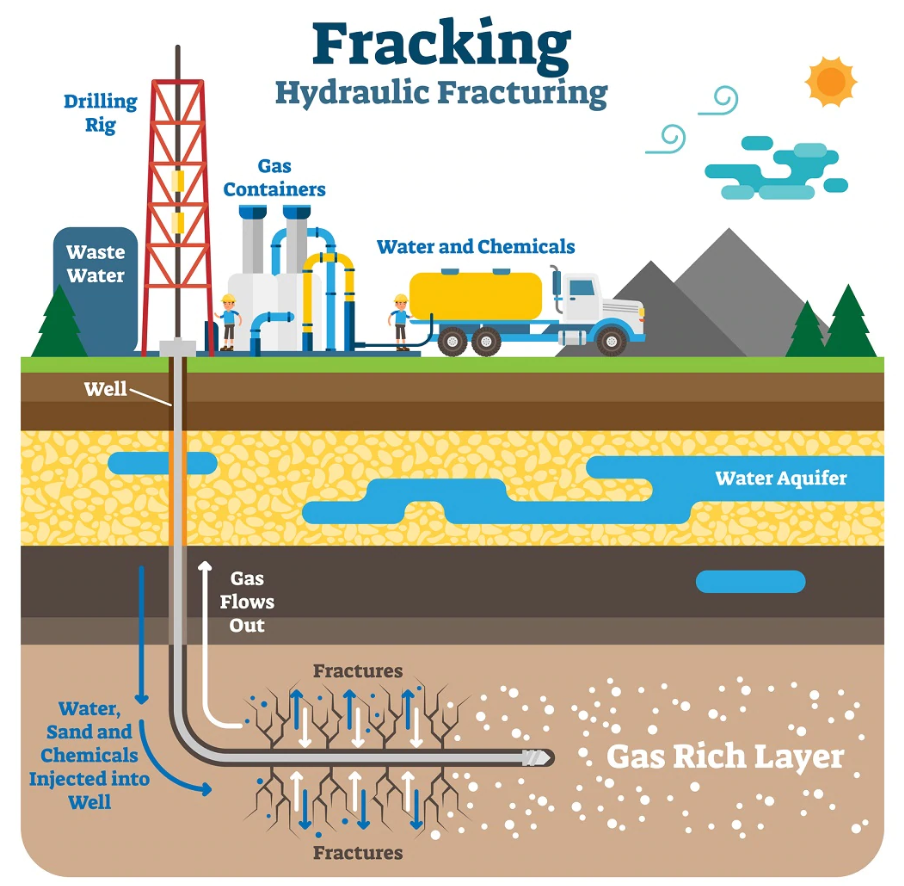Get off the gas!
We encourage all of our clients to GET OFF THE GAS! What does this mean?
Traditionally gas has been an affordable utility for heating homes, water, and reliable, high powered cooking. There are however a number of fundamental issues with natural gas;
It’s a non-renewable resource
Is connected to the fracking industry
It contributes to carbon emissions
In most cases, there are suitable alternatives
The retail cost of gas is increasing
The daily supply charge of gas can be avoided
The compromise to indoor air quality
Fracking
As the availability of traditional natural gas resources diminishes fracking has become an increasing alternative method of extraction. Unless you’ve been in an induced coma for the last 10 years you’ll know that the risk to the underground water aquifer is disastrous. Additionally, fracking is liable to massive amounts of water use, release of fugitive methane emissions, soil contamination, and induced seismic activity.
For more information on the health and environmental impacts of fracking check out this summary.
Hot Politics
In 2018 when the NT chose to allow fracking then Prime Minister Malcolm Turnbull offered this oxymoron "The jobs, the investment, the opportunities that come with opening up 180 years of gas that you're sitting on is endless". Perhaps he had a convenient lapse of memory on the finite aquifers that ensure much of the NT’s survival. The lucrative yield from Australian gas deposits is obvious, however, this would be at the detriment of the environment on a number of levels. Considering there are alternative sources of energy, we’d prefer not to jeopardise the future of our great continent.
When to change
If you are going to the effort of building a new house or remodelling your existing house extensively enough then you have the capacity to design without the need for a gas connection. Or to put it another way, if you choose to connect natural gas to your home you are supporting and encouraging gas extraction methods that pose huge environmental ramifications, and binding yourself to decades of CO2 emissions.
There are three major areas that we use gas in our homes today; cooking, space heating, and hot water. In each of these cases, there are electric alternatives that have been shown to either provide cost savings or be equivalent to their gas alternatives when taking into account the running costs over a 10 year period. Furthermore, the capacity for savings is amplified significantly when pairing electric appliances with Solar PV.
Photovoltaics and green roof at our Gladstone St Project
Induction oven at our Gladstone St project
Space Heating
A modern heat pump (reverse-cycle air conditioner) can extract up to 5 units of heat from the ambient air for every unit of electricity used, an efficiency of up to 500%. For contrast, the best gas heaters can only provide up to 95% efficiency. Is that gas log fire really required as your only source of heat, or is it included more for the ambience? Other electric alternatives include hydronic heating of concrete slabs and radiant heaters though neither provide the energy or cost efficiency of heat pumps.
Water Heating
Similarly, all-electric heat pumps can provide all of a house’s hot water supply needs. Additionally, solar thermal hot water can be augmented with a resistant element tank. The Victorian co-operative Earthworker manufacture both Heat Pumps and Evacuated Tube Solar hot-water Systems for those looking to support local industry.
Cooking
Most of us are probably familiar with and somewhat turned off by, ceramic electric hobs. Modern alternatives do exist that can outpace gas for efficiency and performance. Induction cooking is remarkably energy-efficient, highly controllable, powerful, and safe. Alternatively, if you want to retain an existing Gas stove, and are prone to a bit of gardening, a domestic biogas system can turn food and garden waste into cooking gas and fertilizer simultaneously. This may be an especially appealing alternative for those in rural areas with unreliable power supply where bottled gas may be required.
Household Biogas Digester System
For more details and case studies on the transition from gas to electric see Renew issue 143.




